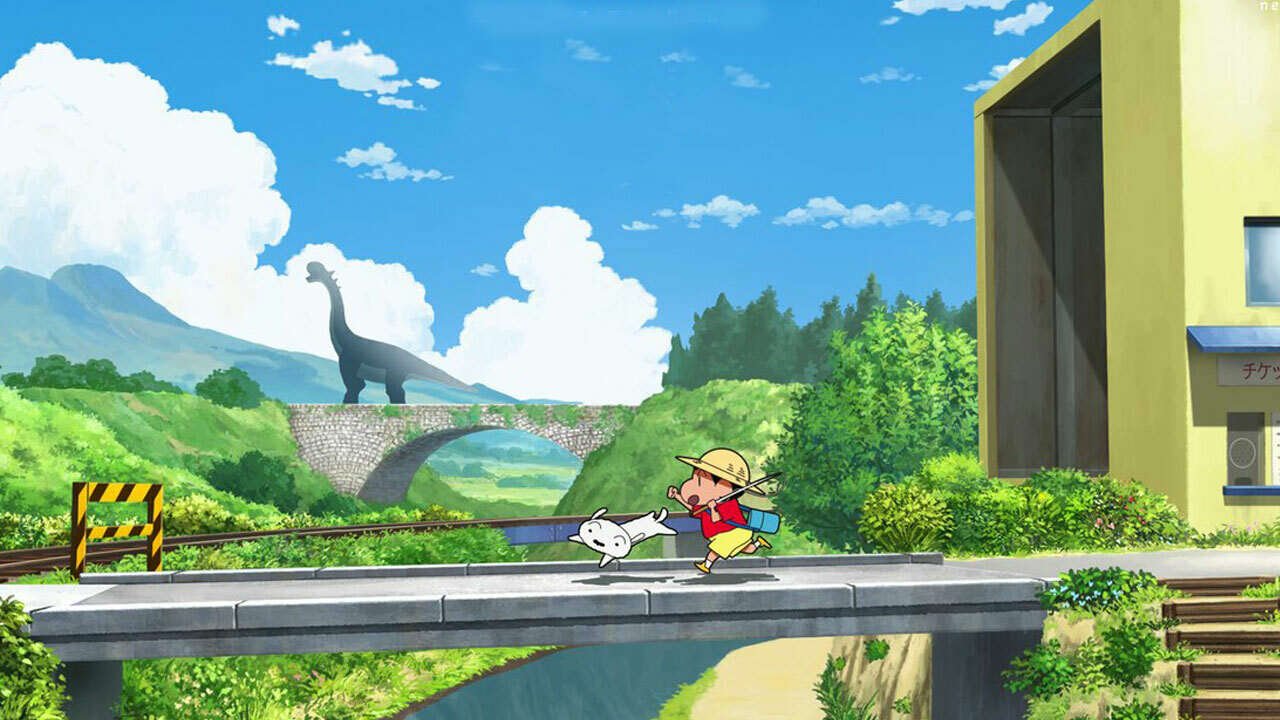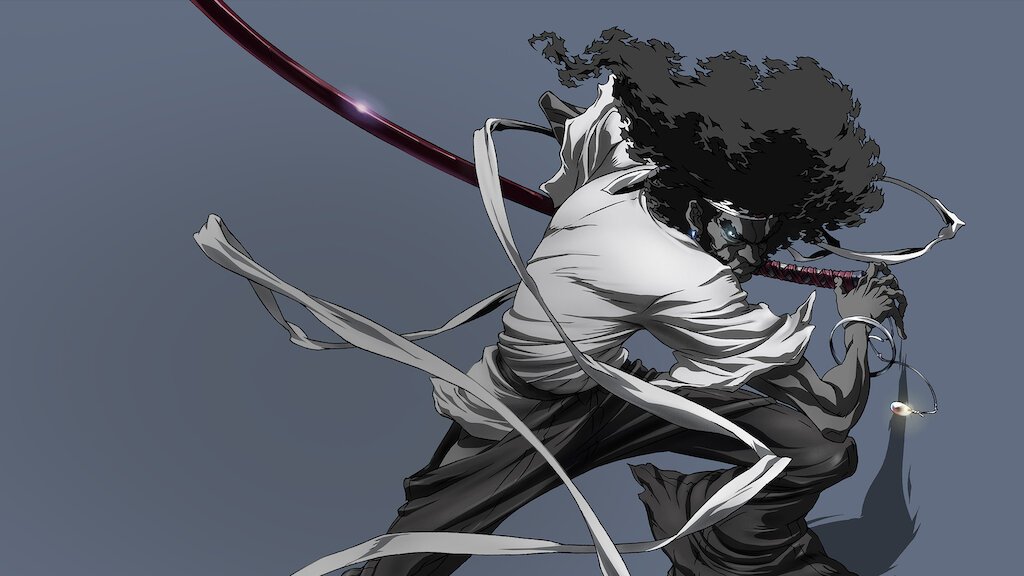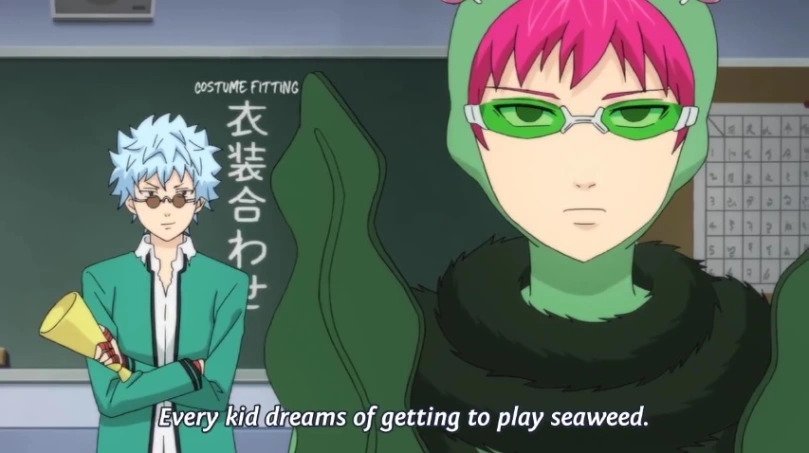Why the Crude Humor of Childhood Anime “Crayon Shin-Chan” Matters

If you grew up watching Japanese television, you might have memories of a parent rushing to turn off the screen when the notorious Crayon Shin-chan came on.
It undoubtedly was an anime for kids, but it might have some difficulty passing through in today’s heavily policed climate. Similar to many American cartoons and other TV shows, the anime Crayon Shin Chan was a children’s series with very questionable humor, but this particular aspect is what makes it so memorable.
Crayon Shin-chan is the episodic adventures of a little boy in contemporary Japan, and his eventful life in his nuclear family. It first started out as a manga in 1990 and was animated two years later, and is still ongoing. It’s safe to say that the latter adaptation is best known, which birthed memes and gifs one after the other. The illustration is simple, colorful, and light-hearted, yet the script, though equally as entertaining, was a little too mature, if not completely inappropriate.
It wasn’t uncommon that Shin-chan, the adorable yet troublesome protagonist, would pull his pants down and show his bare bottom. But beyond toilet jokes, there were sexual references that definitely flew over our heads as children, but cater to the adult viewer. In this way, mixing age-inappropriate humor brought the entire family to the couch.
Jumbled-up words, preventable mistakes, upsetting overly tired parents: these were all things we could relate to in our childhood, and this side of growing up was not often seen in media, at least for kids. In a way, it was comforting to see Shin-chan do all the wrong things, though they were definitely exaggerated for comedic effect.
Shin-chan wasn’t always indecent. He would hang up with his baby sister, go to the zoo, and accompany his mother to run errands. All-in-all, Crayon Shin-chan is an anime about a child, for children, written and observed by adults, capturing his naivety, his hilarity, and his innocence regardless of his disobedience and oblivion.
About the Author:
Mizuki Khoury
Born in Montreal, based in Tokyo. Sabukaru’s senior writer and works as an artist under Exit Number Five.





